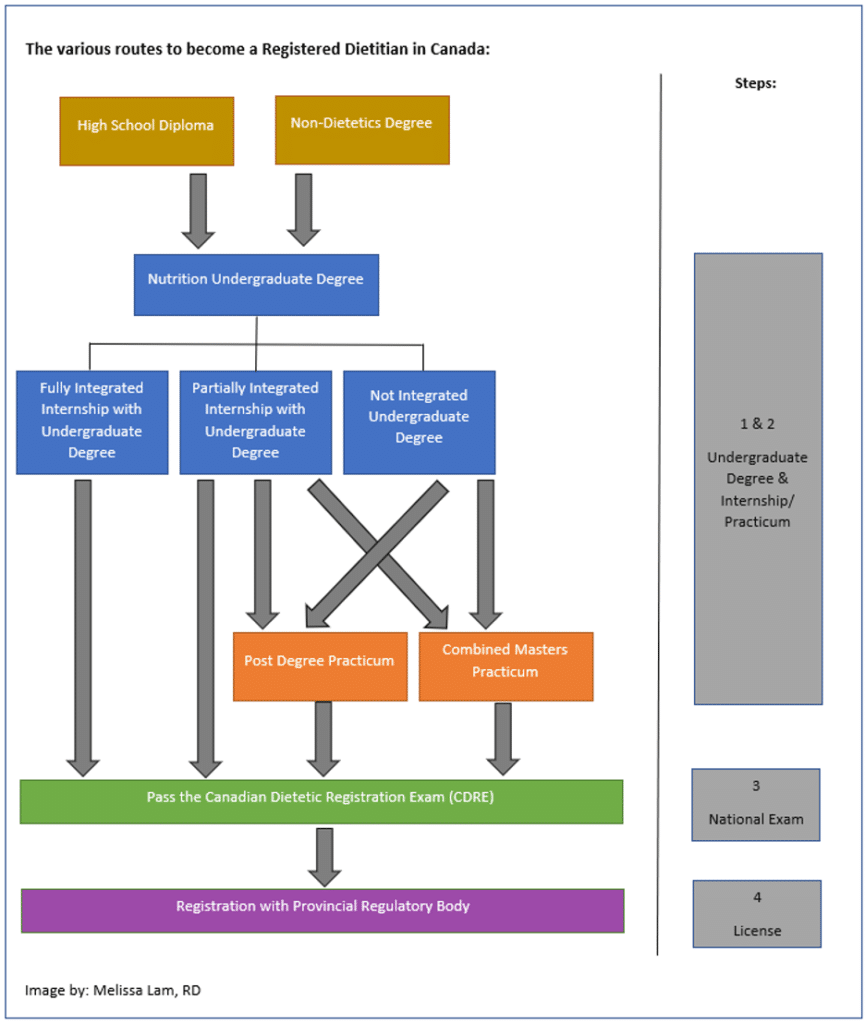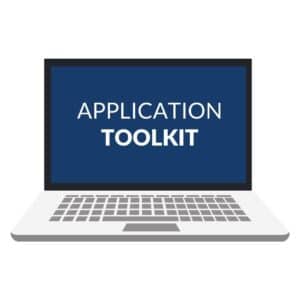Writing a Resume for an Entry-Level Dietitian Job
- 0 comments
- by jennifer.westerkamp
Congratulations! You’ve made it this far in your nutrition career, and now it’s time to revise your resume as a dietitian!
Hopefully, you still have your resume from when you applied to the dietetic internship since this will be our base. If you would like to start from scratch or revise it, check out this blog, The Resume Checklist You Must Use Before You Submit DICAS, for an excellent guide for basic formatting.
Where do you format the dietetic internship into the resume?
Your internship should go under the experience section. The program’s name, number of overall hours, and time frame should be included as well. In the next couple of lines following, list the rotations and the number of corresponding hours.
How do you format the dietetic internship?
Prioritize your accomplishments from the dietetic internship, as well as sharing where and for how long you were at each rotation site. Below are a few other pointers to think about.
Don’t add every detail about your internship.
Employers will know that you completed the required supervised practice requirements when you’re an RD/RDN. They will have a good understanding of the standard rotations that you’ve completed. Rather than listing every detail about your internship experience, keep it relevant to the job description and talk about your most unique experiences and accomplishments (such as having a NICU rotation or working in a dialysis center!). Remember, you only have one page to fill out your information, don’t waste it.
Tailoring is key
Like any job or internship, you need to tailor your resume to the position you are applying to. For example, suppose you are using it for a clinical situation. In that case, it may not make sense to have a lengthy description of the projects you have previously done in your community rotation. Using the resume you already have, duplicate the file, and tailor each resume accordingly to the job you are applying for.
“The Overflow File”
As you are growing your nutrition career, it would be a good idea to have a file that lists every nutrition-related experience with descriptions and dates. When it is time for you to take the next step into your career, you can revise your resume by simply copying and pasting. Easy peasy, right?
Think about your self-worth
You can also think about this advice when practicing interviewing skills, but think about this when you are revising your resume. Employers want to know how you can add value to THEIR organization. What have you done so far that would make you a great asset to their team? Your resume should demonstrate what sets you apart from other candidates.
Formatting
Heading: Include your name, credentials, and contact information (current address, email, and telephone)
Education: As entry-level dietitians, your education should be at the top since it is the most recent. As you build your career, this section will go to the bottom.
Additional Resume Tools:
From other blogs:
Resume Writing Tips for Registered Dietitians
Resume Secrets From A Dietitian Recruiter
From EatRight PRO:
Resume Writing Tips for Entry-Level RDs and DTRs
PS. If you want to land your dream job check out our FREE get-hired samples!







